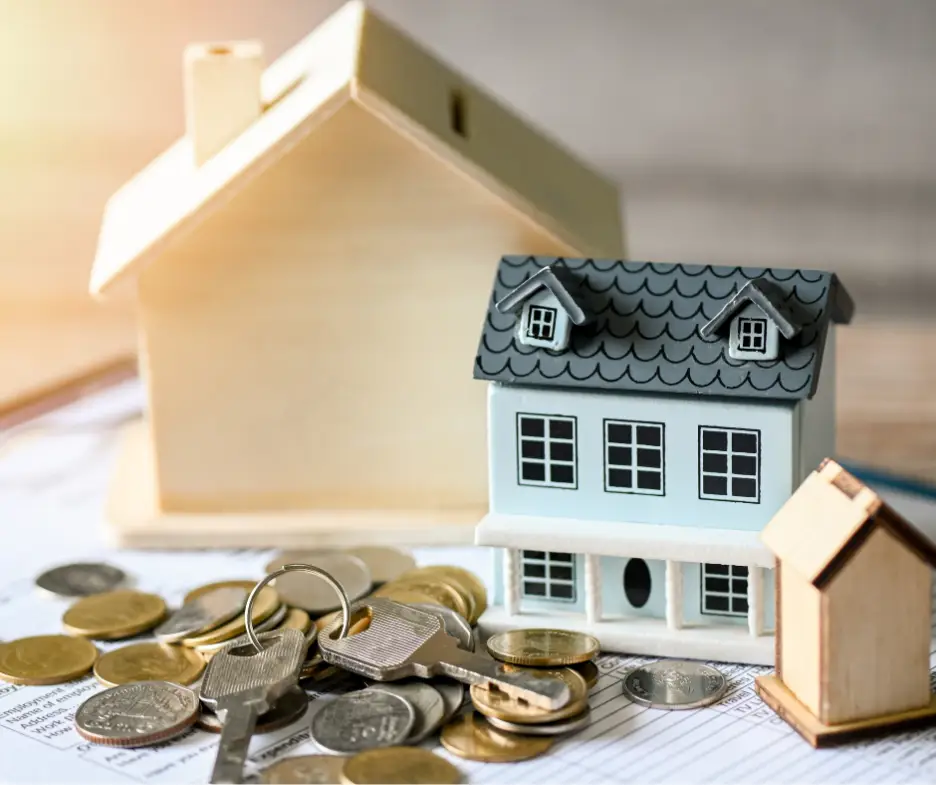Buying your first home is a monumental milestone and one of the most significant investments you’ll ever make. It’s a thrilling yet daunting process, particularly in the Philippines, where the real estate market offers many opportunities and challenges. To help you navigate this journey confidently, asking the right questions is essential. These will guide your decision-making and ensure your new home aligns with your budget, lifestyle, and long-term goals. Here, we explore the key questions to ask before buying your first home in the Philippines.
What is my budget?
Determining your budget is the first and most crucial step in buying a home. Start by assessing your financial situation, including your monthly income, savings, and expenses. Ask yourself how much you can allocate for a home without compromising your other financial obligations. Remember, the price of the house is just the starting point. Additional costs such as a down payment, monthly mortgage payments, property taxes, homeowners insurance, maintenance fees, and closing costs must also be considered. Most banks and lending institutions in the Philippines require a down payment of 10-20% of the property’s price. Use a mortgage calculator to estimate your monthly payments based on different loan terms and interest rates. Having a clear budget helps you narrow down your options and ensures you don’t overextend yourself financially.
Am I eligible for financing?
You’ll need to secure financing unless you’re buying a home with cash. In the Philippines, you have several options, including bank loans, Pag-IBIG housing loans, and in-house financing developers offer. Each option has different requirements, interest rates, and terms, so it’s essential to research and compare them. Check your credit score, as this will significantly affect your loan approval and the interest rate you’ll receive. Banks and lenders typically look for a stable income, a good credit history, and sufficient savings for the down payment. Pag-IBIG Fund members may benefit from affordable interest rates and flexible payment terms, making it a popular choice for first-time homebuyers. Be sure to gather all necessary documents, such as proof of income, tax returns, and identification, to streamline the loan application process.
What type of property suits my needs?
The Philippine real estate market offers a variety of property types, from condominiums and townhouses to single-family homes and lot-only properties. Deciding which type of property suits your needs depends on your lifestyle, family size, and plans. Condominiums are ideal for young professionals and small families who prefer urban living and access to gyms and pools. Townhouses provide more space and privacy while maintaining affordability. Single-family homes are perfect for larger families or those prioritizing privacy and outdoor space. A lot-only property might be the best option if you prefer to design and build your dream home. Consider your current and future needs, such as the number of bedrooms and bathrooms, work-from-home requirements, and proximity to schools, hospitals, and workplaces. Your choice of property should align with your lifestyle and long-term goals.
Is the location convenient and suitable?
Location is a critical factor when buying a home. In the Philippines, where traffic congestion is common, proximity to work, schools, and essential services can significantly impact your daily life. Research neighborhoods that fit your lifestyle and budget. Consider factors like accessibility, public transportation options, safety, and nearby amenities such as grocery stores, hospitals, and recreational areas. If you plan to start a family, check if the area has reputable schools and child-friendly facilities. For those investing in property for rental income or resale, consider the potential for property value appreciation in the area. Visiting the neighborhood at different times of the day can give you a better sense of its ambiance, traffic patterns, and overall vibe.
What are the associated costs beyond the property price?
Buying a home involves more than just the purchase price. In the Philippines, there are several additional costs to consider, including:
- Transfer taxes and registration fees: These are required to transfer the property’s title to your name.
- Notarial fees: For the preparation and notarization of the deed of sale.
- Homeowners association fees: If you’re buying a property within a subdivision or condominium.
- Property taxes: Annual taxes are based on the assessed value of your property.
- Utility connection fees: For water, electricity, and internet services.
Understanding these costs will help you prepare financially and avoid surprises during home-buying.
Is the developer reputable?
If you’re buying a pre-selling property from a developer, it’s crucial to research their reputation and track record. Look for reviews, testimonials, and feedback from previous buyers. Check if the developer has completed similar projects on time and delivered on promises regarding quality and amenities. Visit their completed projects to assess the quality of construction and the upkeep of common areas. Reputable developers often have established partnerships with banks for financing, making the loan process smoother. Additionally, verify that the developer has secured all necessary permits and licenses for the project.
What should I check during property visits?
When visiting potential homes, it’s essential to conduct a thorough inspection. Look beyond the aesthetics and focus on the property’s structural integrity and functionality. Check for signs of water damage, cracks in walls or ceilings, and the condition of plumbing and electrical systems. Test doors, windows, and fixtures to ensure they’re in good working condition. For pre-owned homes, inquire about the property’s history, including past repairs and renovations. Hire a professional inspector to provide a detailed assessment of the property’s condition. A comprehensive inspection can save you from unexpected expenses and ensure the property meets your expectations.
What are the terms of the contract?
Before signing any contracts, carefully review the terms and conditions. Ensure you understand all clauses, including payment schedules, penalties for late payments, and warranties. For pre-selling properties, check the turnover date and any provisions for delays. Consult a lawyer or real estate professional to help interpret complex terms and protect your interests. Transparency is key, so don’t hesitate to ask questions or request clarifications from the seller or developer.
Am I ready for the responsibilities of homeownership?
Owning a home is a long-term commitment that goes beyond monthly mortgage payments. You’ll be responsible for maintenance, repairs, and property management as a homeowner. Consider whether you’re prepared to handle these responsibilities and if homeownership aligns with your lifestyle and financial goals. For first-time buyers, starting with a smaller or low-maintenance property, such as a condo, can be a practical choice.
What are my long-term plans for this property?
Think about how the property fits into your long-term plans. Are you buying a home to live in for the foreseeable future, or do you see it as an investment? If you plan to sell or rent the property later, consider its potential for appreciation and rental demand. Understanding your long-term goals will guide your decision-making and ensure your investment aligns with your aspirations.
Buying your first home in the Philippines is an exciting and rewarding journey. By asking these key questions and taking the time to research, plan, and evaluate your options, you can make an informed decision that meets your needs and goals.
At Hayan Realty, we’re here to guide you every step of the way, from finding the perfect property to navigating the complexities of the home-buying process. Ready to start your journey to homeownership? Contact us today, and let us help you turn your dream home into a reality.

